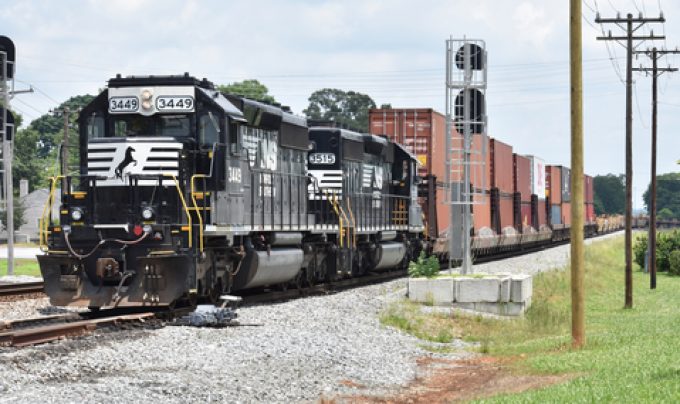Norfolk Southern reaches $310m settlement
More than a year on from the East Palestine, Ohio, derailment and its associated chemical ...

Ancora Capital’s $1bn push to take control of Norfolk Southern Railway (NS) has failed.
NS shareholders voted to keep 10 of the 13 board members in place, including CEO Alan Shaw and COO John Orr, while activist investor Ancora only saw three of its seven candidates accepted.
Ex-UPS COO Jim Barber and Jamie Boychuk – nominated to take over as CEO and COO respectively – failed to be endorsed by shareholders.
One of the casualties ...
Asia-USEC shippers to lose 42% capacity in a surge of blanked sailings
Why ROI is driving a shift to smart reefer containers
USTR fees will lead to 'complete destabilisation' of container shipping alliances
New USTR port fees threaten shipping and global supply chains, says Cosco
Outlook for container shipping 'more uncertain now than at the onset of Covid'
Transpac container service closures mount
DHL Express suspends non-de minimis B2C parcels to US consumers

Comment on this article